It does not matter if you have an e-commerce site or a webpage; you, of course, want to appear among the first search results and thus have more visitors and purchases. But for that, you have to do good positioning, something that many don’t know. SEO for e-commerce is a term used to describe the search optimization process for e-commerce stores. Simply put, it is a set of rules that need to be applied to an e-commerce site to make it search-friendly.
What is the difference between SEO for e-commerce and SEO? E-commerce encompasses all the concepts of general search optimization with some store site-specific recommendations that do not apply to other types of websites. For example, for a non-commercial site, category pages are not that essential from the standpoint. However, for an e-commerce site, they are crucial and require special attention. Another thing is blogging. An active blog plays an important role in e-commerce website optimization and SEO for non-e-commerce sites.
But what is SEO positioning? When you enter the Internet world and want to start a business, a term should accompany you and be very attentive to changes. This word includes techniques that a website can apply to its website to improve position and visibility. And all these will be reflected in the browser search pages. The widespread is Google, used on over 90% of computers, mobile phones, and tablets.
Benefits Of Search Engine Marketing

Why should shopkeepers do SEO?
- Impact on search engines. This is not a hobby or an entertainment site; it is a business that should sell, gain profit, and grow over time. Search responds to millions of queries per day, and many of them are related to e-commerce. Thousands of people a day use search to find a product to buy. With the help of SEO, an online store can be upgraded in Google ranking and increase web traffic.
- Getting high rankings for keywords. You need targeted traffic. Targeted organic traffic comes from users who know just what they want. These users have clear intentions, and they enter a query in the search box. For example, when a user types “buy a waterproof HD camcorder” into the search box, they have a goal, and if you have an e-commerce site that sells camcorders, such users are most likely to find your site using keywords. With SEO, you can identify and optimize those long-tail keywords to boost your online shop rankings and impact your business.
- Online store SEO is the way to build a lasting online business. If you already have an online store, you should know several ways to get instant traffic to your website. Advertising on Google Ads is one of the most popular and effective ways to get traffic quickly, followed by social media (depending on your niche). The problem with these methods is that traffic and sales will drop once you stop paying for ads. Advertising traffic is not SEO; it’s SEM. A well-designed SEO campaign will drive traffic to your website 24 hours a day, seven days a week for months or even years. SEO does take time to work, but the results remain long-term, delivering a higher ROI over the long term than any other marketing method. So, if you want to build a business that will generate traffic on its own without relying solely on paid advertising, SEO is the way to go.
- Making a user-friendly website. Many SEO concepts have to do with usability and how to make websites more user-friendly for both search and users. When you decide to embrace the guidelines or hire an SEO consultant to help you optimize your site, the final result is a more accessible site to use and ranked higher in search results.
- SEO helps you to increase your conversion. Besides helping you get the type of traffic you want, search engine optimization can increase your conversion rate. Conversion optimization is a time-consuming process and requires a lot of A/B testing, but it is based on SEO principles, and therefore it is successful.
Best SEO Strategies For E-commerce

Achieving all of your goals, i.e., increasing traffic and conversions with SEO, is not easy. However, some strategies cannot be ignored if you want to improve the positioning of your e-commerce site in search.
- Competitor analysis. To gain an edge over the competition, before you even start implementing your SEO strategy, you need to know how and what your competitors are doing (and then do it better);
- Finding the right keywords. Those looking to optimize an e-commerce site should be able to identify the specific market niche in which they might appear and (in the case of local businesses) focus on keyword geolocation;
- Optimization of the structure. The general rule of e-commerce is that product descriptions on a site should be no more than three clicks from the home page;
- Optimizing internal links. To improve the positioning of your e-commerce in the search, it is important to create various links between products and the internal content of the site;
- Optimization of metadata. Good SEO work for e-commerce cannot be separated from an SEO-friendly URL (it should describe the web page, contain the product name and category) and page metadata such as title and description of the tag and images such as alt text, filled in correctly (product name cannot be omitted);
- Canonicalization in e-commerce a single product. So that it can be accessed from different pages depending on the user’s path (for example, based on the order in which the product is displayed). Therefore, it is essential to correctly and accurately use relative canonical tags (attributes that tell search the most representative URL among those that point to the same content to prevent the search from reading the pages as duplicate content and punishing them).
- The uniqueness of the content of the product specification should not duplicate other specifications on the Internet; they should be written from an SEO perspective and should be accompanied by other original content such as how-to guides, reviews, press releases, and guest versions.
What Does E-commerce Website Optimization Include?

When it comes to e-commerce website optimization, there are obviously key goals that you need to focus on:
- Optimizing keywords
- Site structure
- Internal links
- Usability
- Compatible with mobile devices
- Users Opinions
- Integration with social networks
- Enriched shards
For e-commerce website optimization and keyword optimization, you need to ensure your page has the most relevant keyword in strategic locations. This includes the page title, headers, product descriptions, image file names, alternate image tag, URL, etc.
Remember that this element can drastically affect usability, ranking, and conversions regarding site structure. Ideally, focus on a flat site architecture whose design requires the user to use as few clicks as possible to navigate from the home page to the product page.
Considering internal links, this aspect allows you to set your anchor text, which can help rank your main keywords. But the page should have a reasonable number of occurrences of the most frequent words, as Google spam filters may recognize excessive use of keywords on the page and impose sanctions on your website.
Finally, when it comes to the usability of an e-commerce website, one should be easy to use, involving, and helpful. A good user experience also means that potential customers will spend more time on the site.
FAQ
The cost of e-commerce business promotion services and e-commerce ads depends on what kind of services you need and who provides them.
SEO for e-commerce is a must for all stores. A well-optimized store will rank higher in the search engines, leading to more traffic and sales.
The difference between regular SEO and e-commerce SEO is that the latter includes specific guidelines applicable to e-commerce sites.
Even if you are selling through AdWords or other PPC platforms, spending a particular amount of money for an online store is the best investment you can make for your business. The best way to optimize your store for the search engines is to use a structured approach.
SEO has the highest ROI for all e-commerce marketing campaigns. However, Google Ads can bring you the same result in a shorter period of time, sometimes promoting your e-commerce website even better with the help of AdScale subsidiary advertising tools.
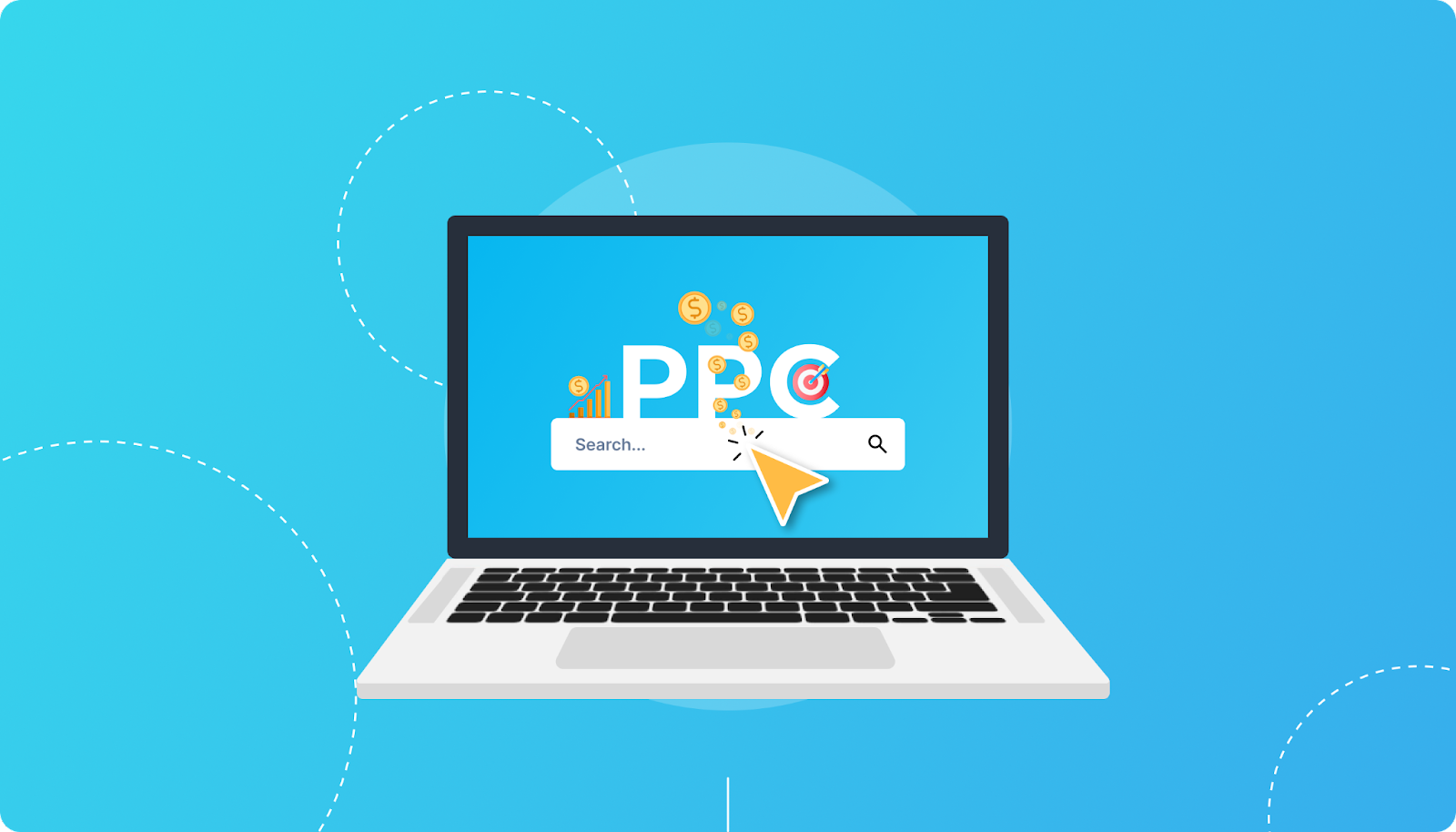
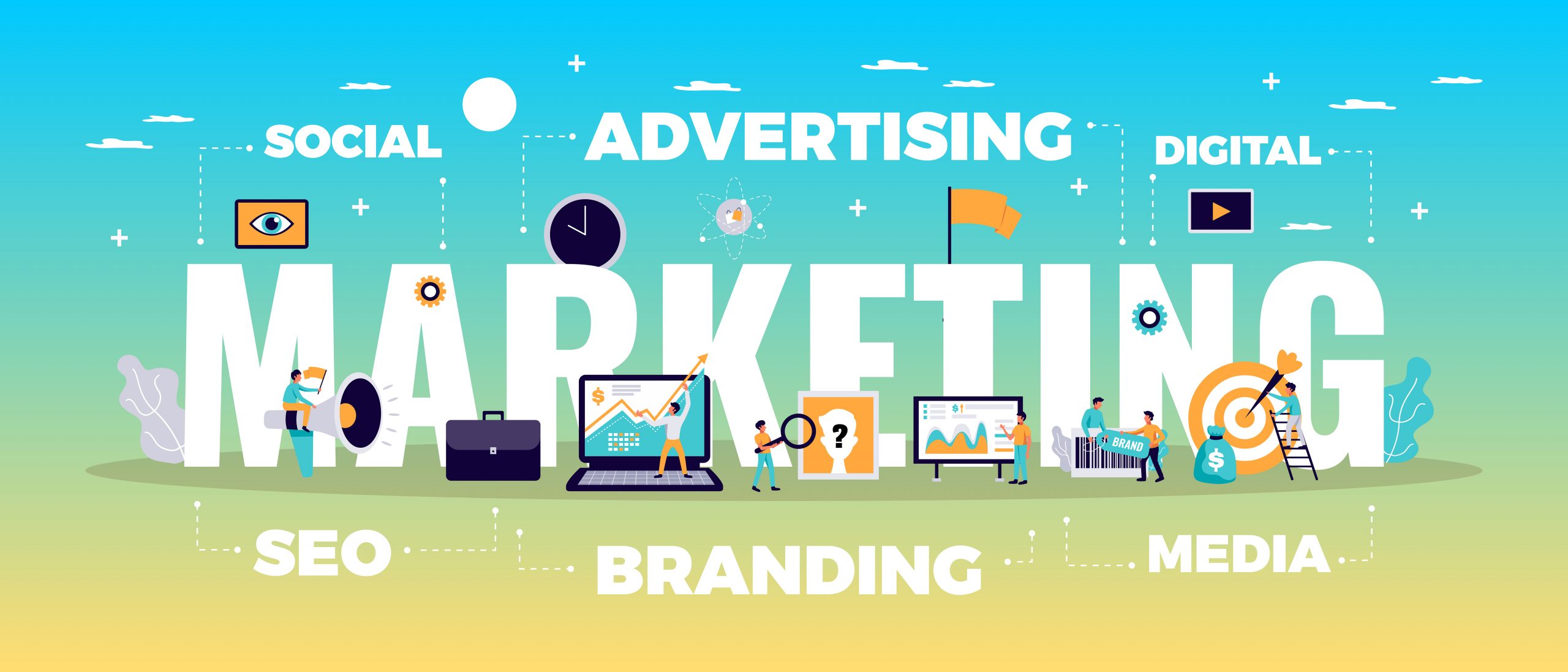


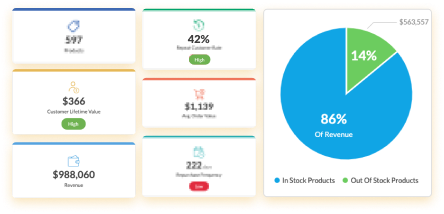







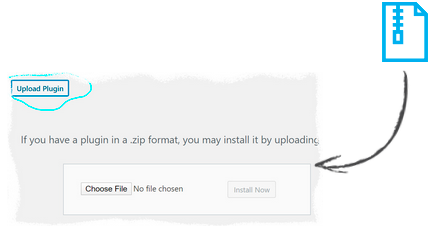
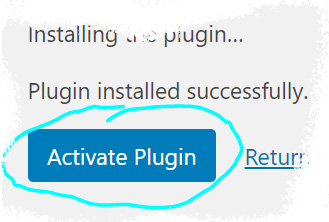
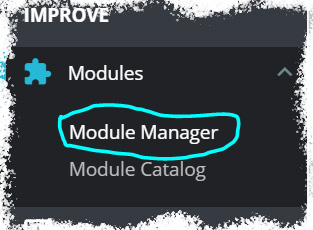
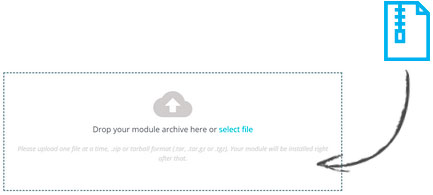
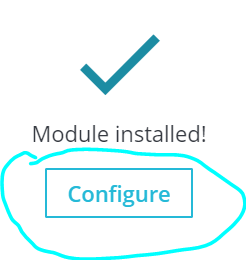



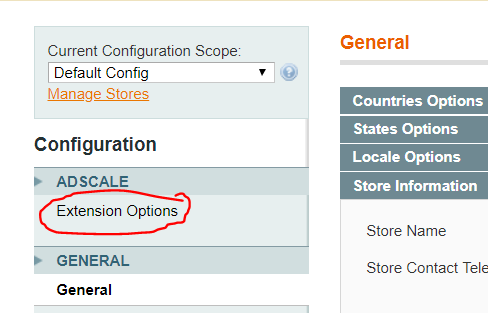
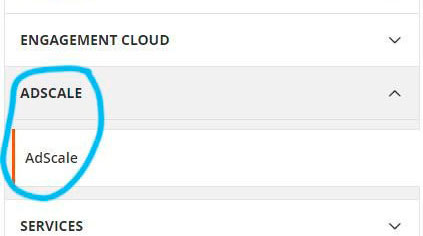
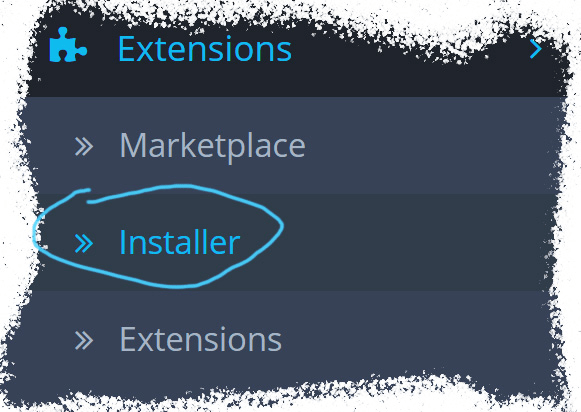
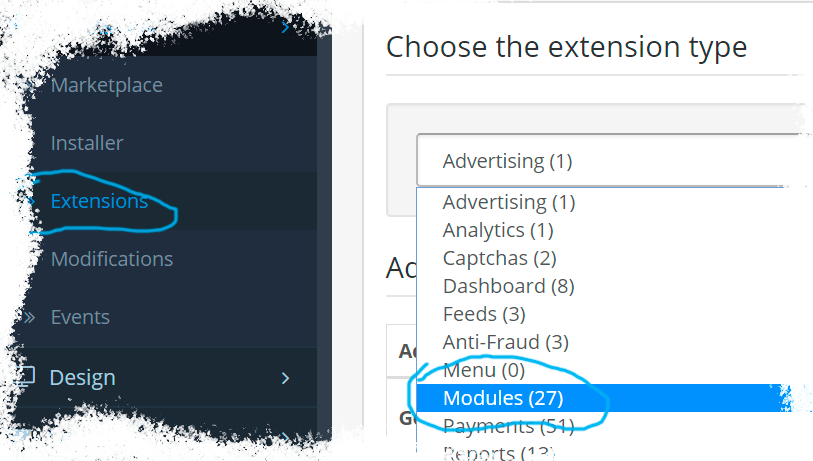
 ,
,